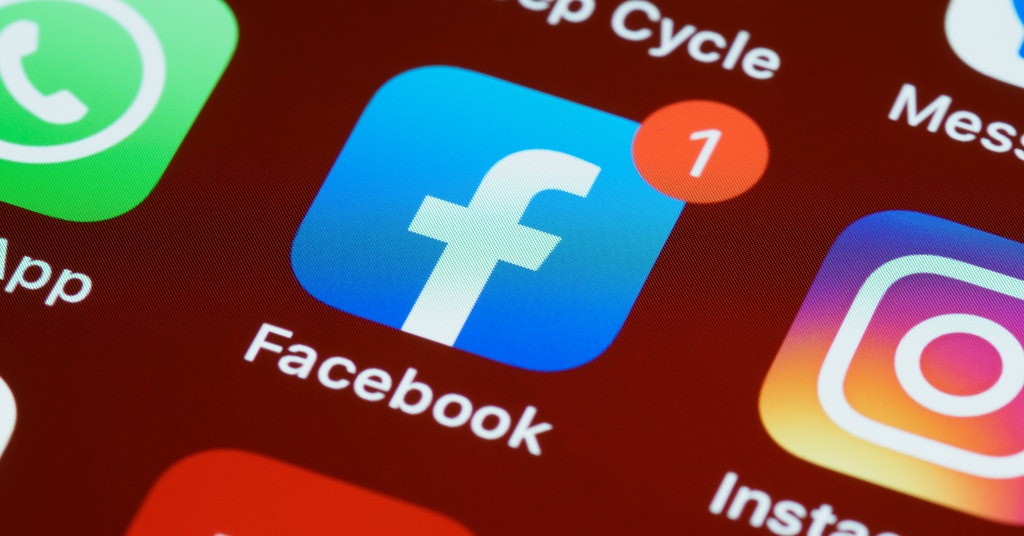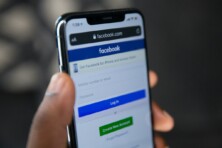During the initial testing period, over 50% of users enrolled for Facebook Protect once it was mandated

Facebook makes two-factor authentication mandatory for high-risk accounts. Source: pexels.com
Facebook will mandate high-risk accounts to have two-factor authentication. The recent Meta-owned company aims to protect accounts that are more likely to be targeted by malicious hackers.
This is also an expansion project initiated by the networking giant. High-risk accounts such as journalists, right defenders and government officials will adopt stronger protections, have simplified security features such as 2FA and monitor hacking threats.
The Facebook Protect program, which was piloted in 2018, was expanded in the U.S during the 2020 election. This was a necessary move to curb election interference and abuse from spreading on Facebook. So far, the program is enabled on over 1.5 million accounts. By the end of the year, over 50 countries will have access. This includes India, the US and Portugal.
Of the 1.5 million accounts that have already enrolled for Facebook Protect, approximately 950,000 have enabled two-factor authentication. As a feature that has been undermined since it was unveiled, Facebook will now make 2FA compulsory to all high-risk users.
To protect against potential repercussions such as the locking out of users out of their accounts, 2FA will only be mandated in areas where the social giant has the resources to expand smoothly including Turkey and the Philippines. Facebook will also focus on regions that have an upcoming election. This is because of its significance in impacting a civic moment.
While only around 4% have enrolled in 2FA as per Facebook’s database, the company will not make the move mandatory for all accounts.
We’ve reported that Stripe acquires app marketplace software provider.
SEE ALSO:









